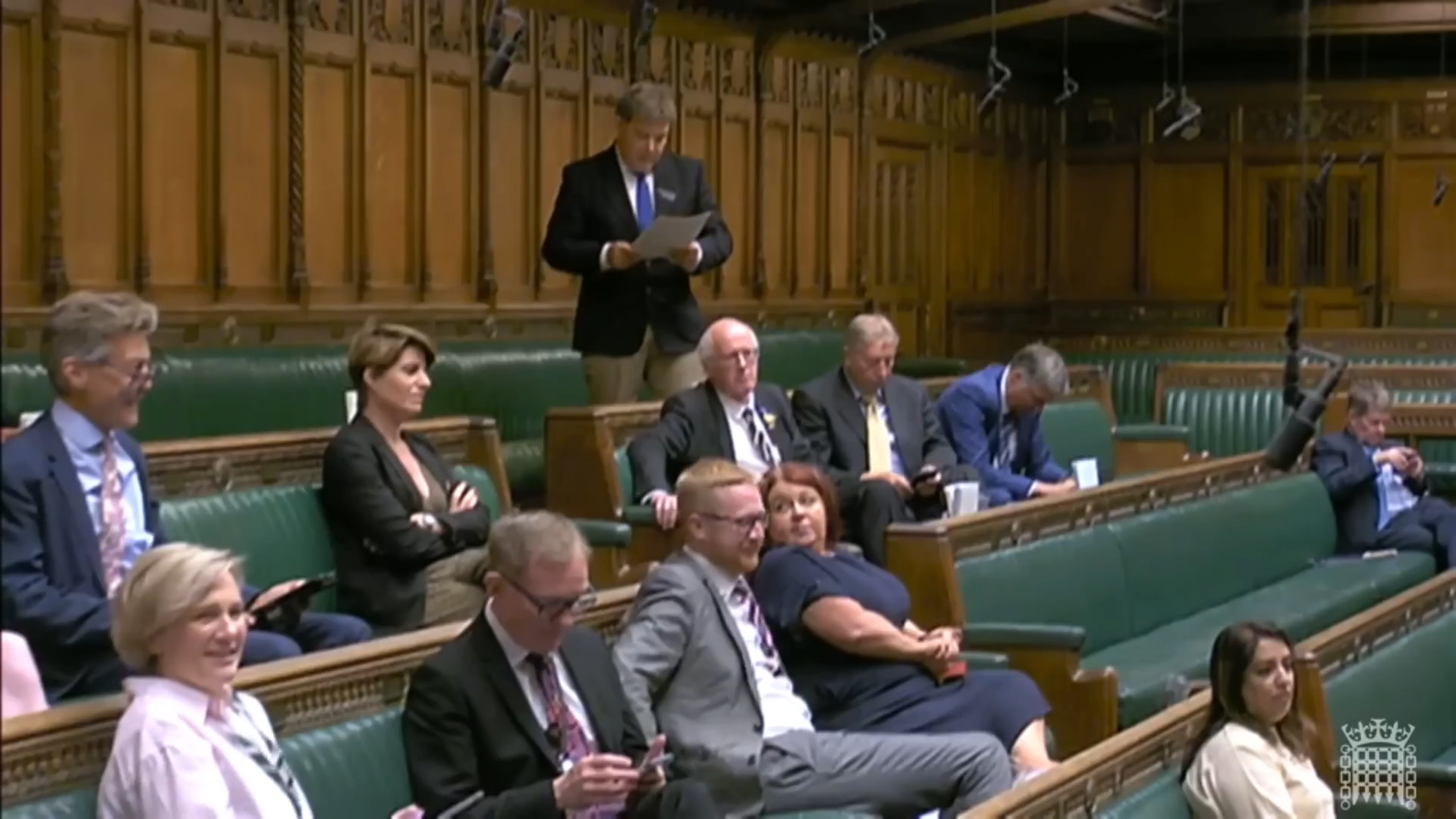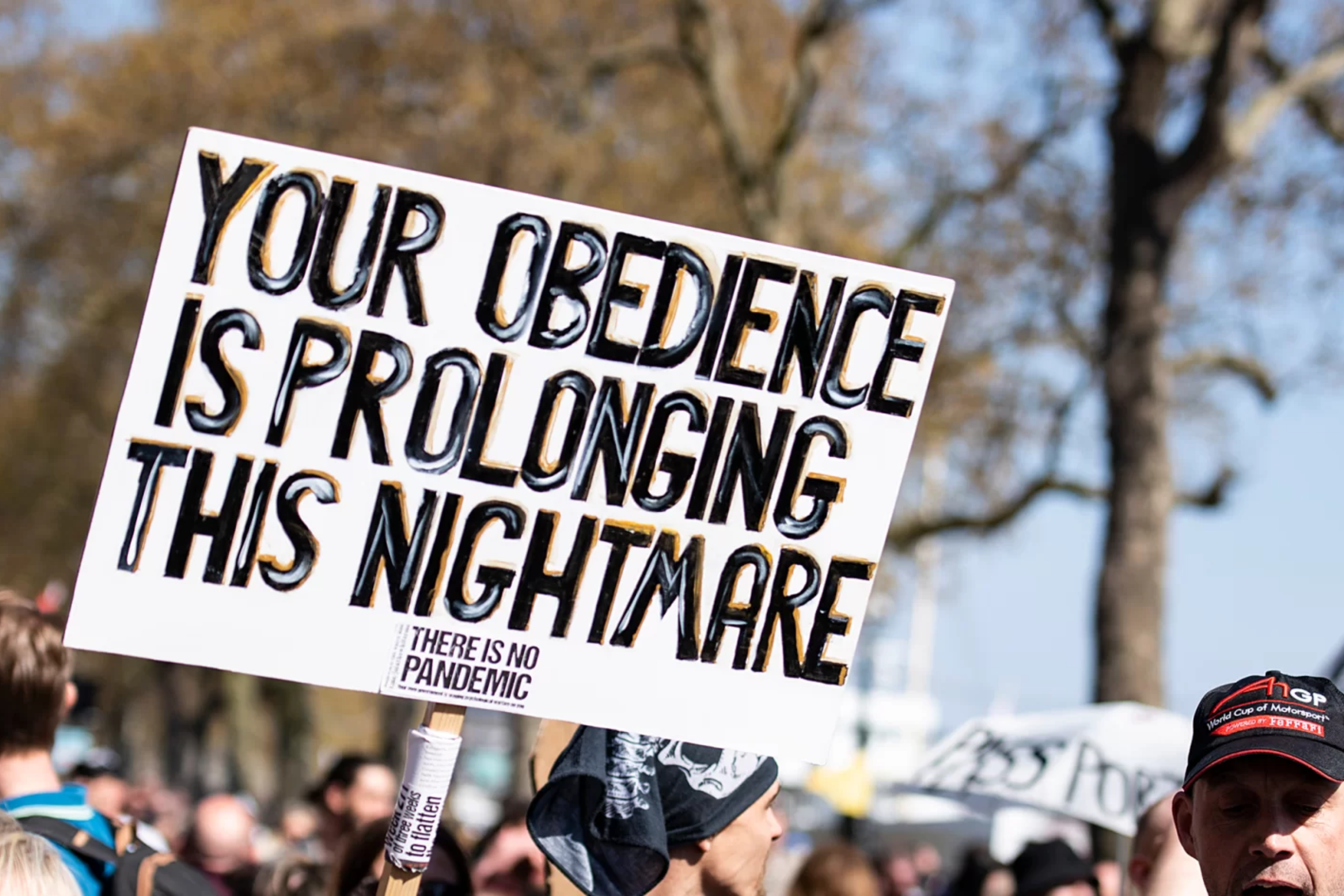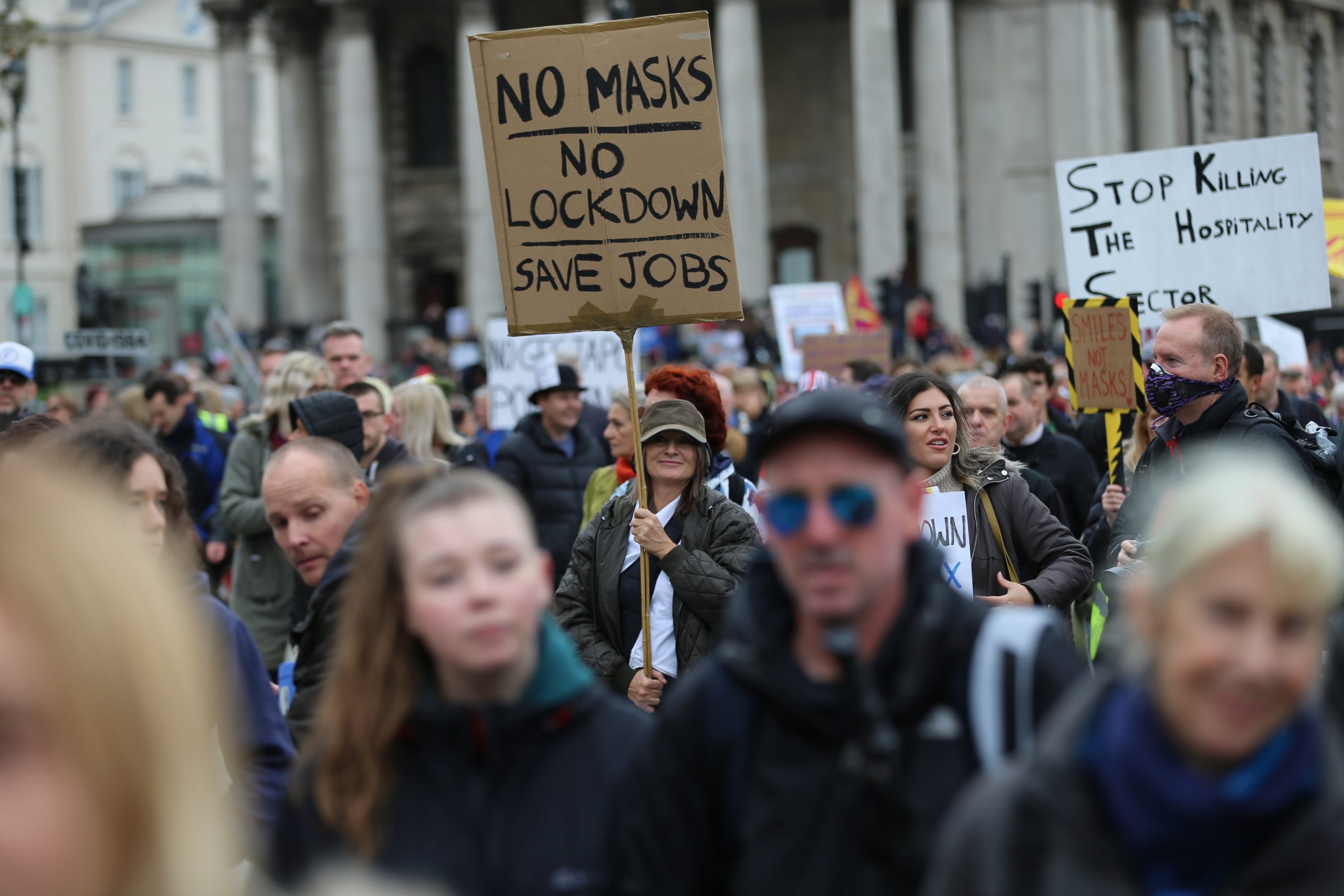Principle
DIRECT DEMOCRACY
The Solution
I talk a lot on this site about problems. Here I will suggest a solution.
That solution is democracy - but not as we know it.
As Churchill reminded us, democracy is the worst form of government except for all the others. The word democracy comes from the ancient Greek words demos – people – and kratos – power. The word literally means ‘people power.’
I ask you: how powerful do you feel?
In 2016 more than half the country voted to leave the European Union. Eight years later we are still enmeshed with that crumbling institution and our most recent Foreign Secretary was the man who lead the failed campaign to stay inside it – who was not even an elected Member of Parliament.
How powerful does that make you feel?
A year ago a renowned migration think tank in Oxford found 76% of people believe immigration should be reduced or remain the same.
In 2022 net migration levels were at their highest ever.
How powerful does that make you feel?
70% of people do not support the idea that individuals should be allowed to choose their gender. Yet that is what is taught to your children in schools.
How powerful does that make you feel?
In 2022, after a long Conservative Party leadership contest a woman who is (unlike the Foreign Secretary) an elected Member of Parliament won 25% more votes amongst the demos of that particular vote – the Conservative membership – than her rival. Within fifty days she was hounded out of office by a left-leaning media and replaced by the rival so recently rejected by that demos: tolerable to the civil service, media, financial institutions and centre-left Parliament but loathed by most of the electorate – if his consistently low approval ratings are anything to go by.
How powerful does that make you feel?

Power (Really) to the People
DIRECT DEMOCRACY
The reality is that ‘people power’ in Britain is a sham. True power lies with the boards of large corporations and financial institutions. Most of them live inside the M25, or flit between tax havens, and they don’t want what you want.
It’s my opinion that they are assisted in their theft of your sovereignty by most of Parliament, the civil service and the media. The reason this parasitic class of hangers-on - let’s call it a clericocracy - can divert your power to their true paymasters in this way is that our democracy is representative, not direct.
In a representative democracy a great deal of faith is placed, by the demos, in the incorruptibility of their representatives but I am afraid that the culture in Westminster now proves – time and time and time again – that trust is completely misplaced. What is chilling is that we seem to have reached a point where the clericocracy does not care who knows it.
‘What exactly are you, the people, going to do about it?’ they seem to ask every time they note your wishes then do the opposite. Direct democracy is the only thing that can save Britain from these people.
The last time our country flirted with direct democracy was in the referendum of 2016… and as far as the clericocracy is concerned you, the people, got it badly wrong. They will work hard to ensure this granting of a true voice to the people is never allowed to happen again.
My view is the opposite. It can, should and must happen – again and again and again. If the clerical class has different opinions to the demos then it needs to get out of the way and do what it is paid to do: implement, mechanically, the will of the British people.
They are clearly in need of more frequent, clearer instructions and direct democracy can provide them.
Blueprint for Stability
The Swiss Model
We do not have to look far for a model of how this can be achieved. The Swiss political system has one federal and twenty six local (cantonal) parliaments, but the power rests firmly with the people via a system of frequent referendums.
There are three types: Mandatory referendums, Optional referendums and Popular initiatives.
A mandatory referendum is triggered when the Swiss government wants to revise the constitution. Supranational instruments such as the WHO’s pandemic treaty would also require a mandatory referendum. (One famous example is when the Swiss people decided not to join the European Economic Area in 1992.)
An optional referendum happens when the people drive an objection to a decision taken by the government.
A popular initiative originates from the people directly and is not a reaction to something the government is already doing.
These referendums are usually batched together and put to the demos four or five times a year.

The effect this has on politicians is that they attempt to reach agreement on policy amongst themselves to avoid their decisions being challenged in referendums. It’s a system that encourages measured, cooperative and collaborative thinking amongst politicians and focuses their policy making on what the majority of the electorate actually wants; the opposite of what happens today in Britain – where the wishes of the majority of the demos are overruled, steamrollered or simply ignored by their elected representatives, who think they know best.
In recent years Swiss people have voted, amongst other things, in favor of a ban on face coverings being worn in public and rejected a proposal for electronic IDs for citizens. They’ve also voted in favor of a raft of net zero measures. I do not agree with this last vote: but that’s democracy, and if I was a politician in Switzerland I would now be working to implement those policies despite my disagreement with them.
Direct democracy is often put forward as the explanation for the fabled political stability of Switzerland, which has some of the highest political satisfaction ratings and participation rates in the world.
This system could work here in the UK. It would mean that several referendums a year, but the rewards are worth the effort.
Alongside this I propose a vast reduction in the number of MPS: roughly half the number that exists now would suffice. This would mean salaries could be increased, making politicians less reliant on other incomes that can lead to conflicts of interest.
You will be told by those who are heavily invested in the current status quo that this proposal to give more power to you – the demos – could not work here.
To that my answer is simple: is the system we have working for you?
Additional Reading
https://natcen.ac.uk/publications/bsa-40-liberalisation-attitudes






